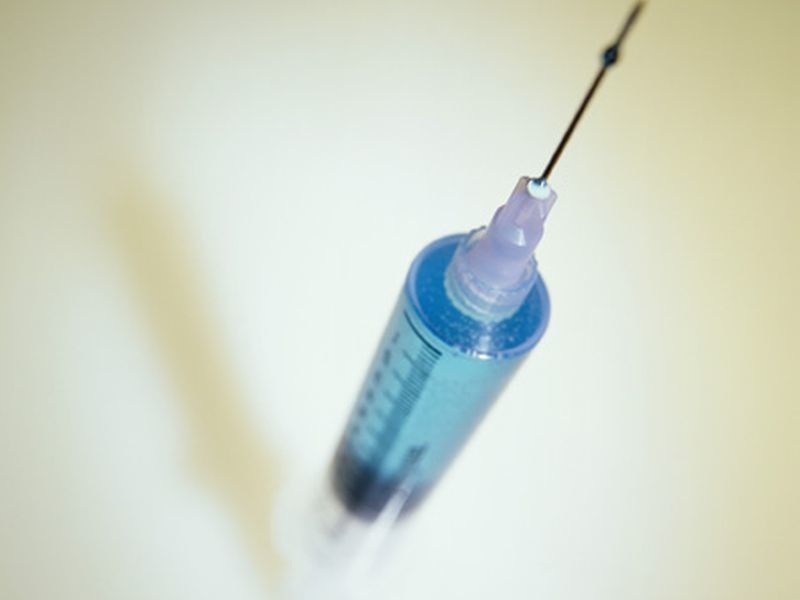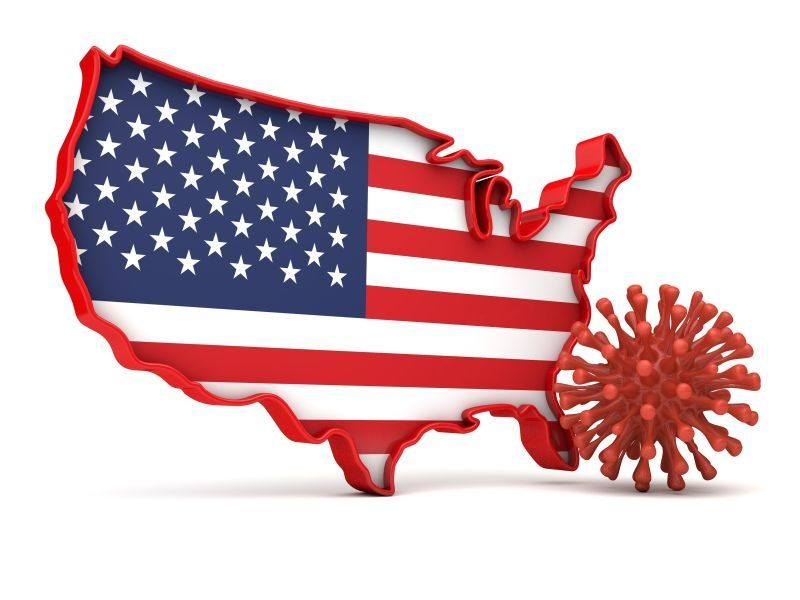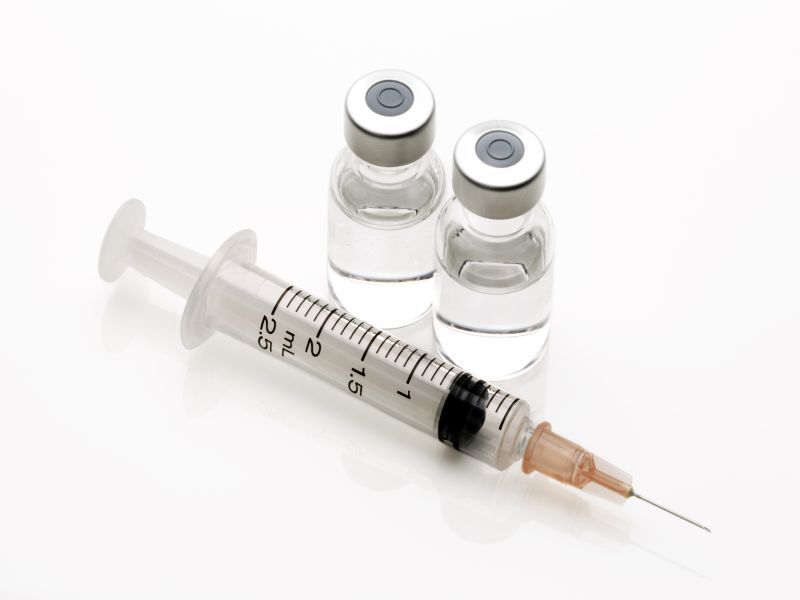
Two people in the Johnson & Johnson COVID-19 vaccine trial developed Guillain-Barré syndrome, but it’s highly doubtful the vaccine is to blame, according to a just-published case study. Although both people were in the same trial, one was given the vaccine and the other was given a placebo of saline solution. “That strengthens the possibility… read on > read on >






























